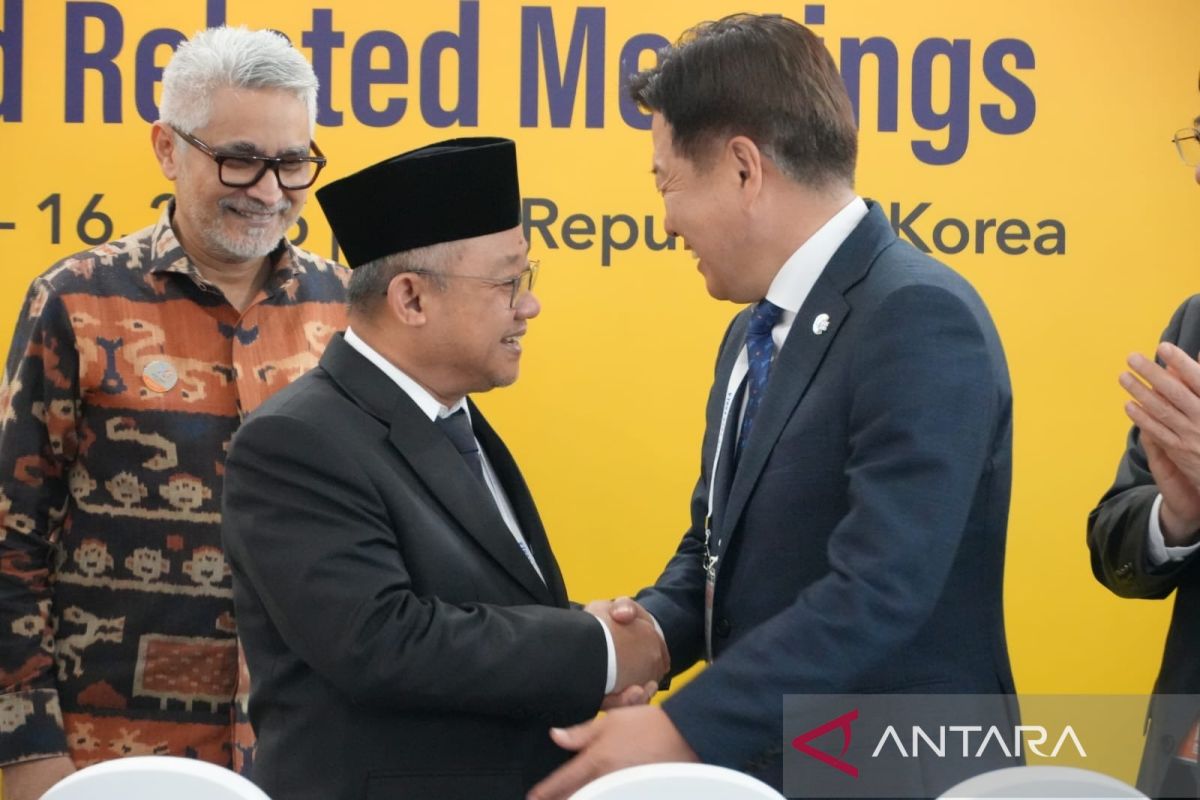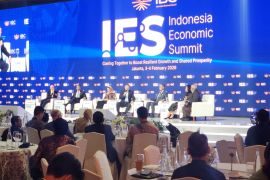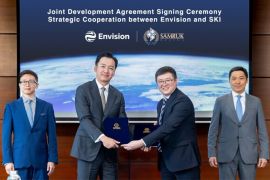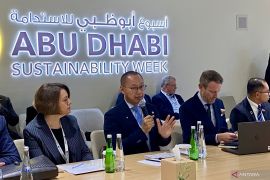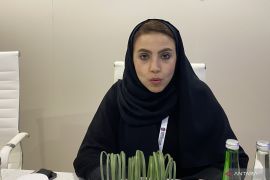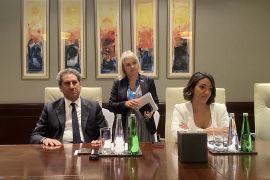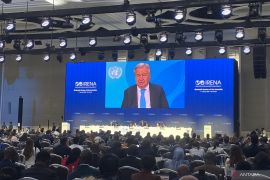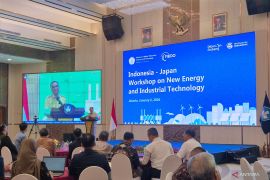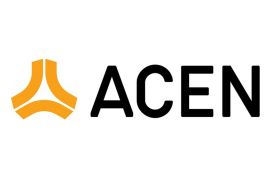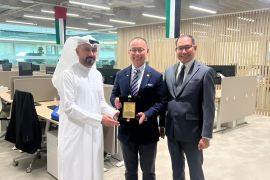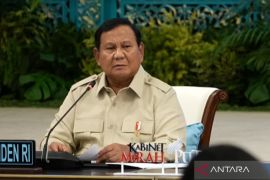Mu'ti, on the sidelines of the 7th APEC Education Ministers' Meeting in Jeju on Tuesday, highlighted opportunities for collaboration in utilizing solar power and other renewable energy sources to support school operations in remote areas in Indonesia that lack access to electricity.
"Many regions in Indonesia are not covered by electricity. Utilizing renewable energy to supply power to these areas would be extremely beneficial," he said.
He also discussed potential cooperation in waste management as part of efforts to build environmental awareness, especially in school environments. For example, a waste awareness initiative has been implemented at a school in Bontang, East Kalimantan.
"Jeju's waste management model could be replicated in selected areas in Indonesia," he noted.
Governor Oh expressed interest in cooperation in the renewable energy sector and energy transition. He also conveyed his willingness to realize such a partnership as soon as possible.
"We are very interested in seeing our renewable energy model applied in other countries," he said.
Minister Mu'ti welcomed the idea, saying that it has the potential to be incorporated into the environment-friendly school program in Indonesia.
On the same occasion, BSKAP head Toni Toharudin said that the cooperation could also extend to vocational education.
"The Jeju government could partner with Indonesia's Ministry of Primary and Secondary Education in launching pilot projects that adopt Jeju's technology and best practices in renewable energy management," he informed.
Related news: APEC tackles AI challenges, labor gaps in Jeju
Related news: Three Indonesians awarded for bravery in South Korean fire
Translator: Irfan J, Kenzu
Editor: Aditya Eko Sigit Wicaksono
Copyright © ANTARA 2025
